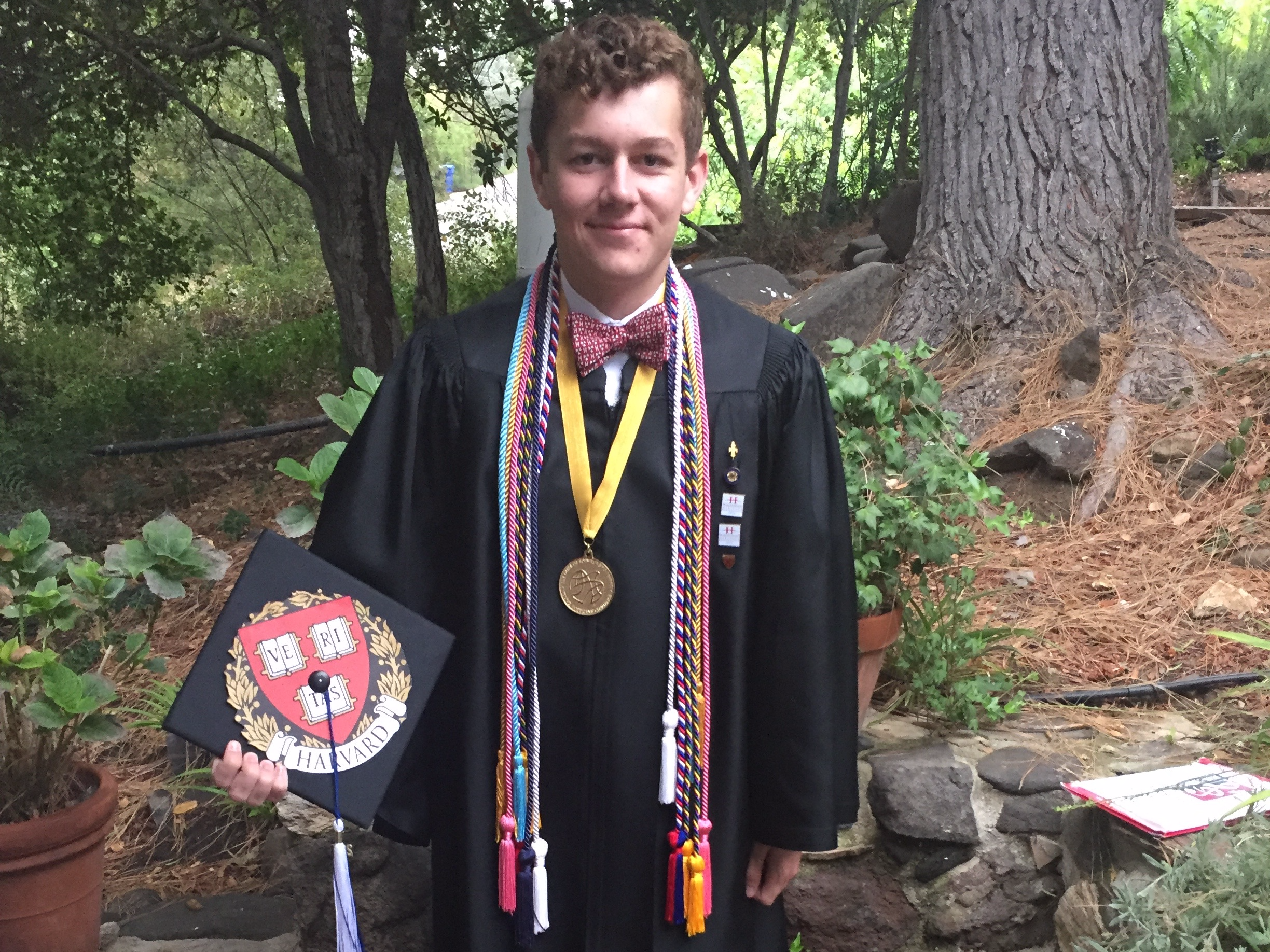Brenden Rodriquez is onlangs begonnen aan zijn master machinebouw aan Harvard University.
Maar voordat hij werd aangenomen aan de prestigieuze Ivy League-universiteit, moest hij net als talloze anderen eerst een indrukwekkende motivatiebrief schrijven.
En dat deed Rodriques. Niet alleen Harvard was onder de indruk. Het essay was ook goed genoeg voor een plaatsje op Yale, MIT, Columbia en de Universiteit van Virginia.
Op briljante wijze schrijft de student over zijn passies – muziek en wiskunde. Hij vertelt over hoe deze interesses van invloed zijn geweest op zijn leven en hoe ze hem gelukkiger hebben gemaakt.
Hoe Rodiguez de rest van zijn aanmelding heeft aangepakt, is terug te vinden op zijn AdmitSee-profiel. AdmitSee is een Amerikaanse onderwijs start-up die profielen laat zien van 60 duizend studenten die onlangs op een opleiding zijn aangenomen. Naar hun aanmeldingsbrief en testscores, kunnen toekomstige studenten hier meer informatie vinden.
Rodiguez deelde zijn aanmeldingsbrief met Business Insider. Hier is ie, in het Engels.
I think about the converging waves of the notes I play, the standing waves being created by plucking a string, and the physics behind the air pockets being forged that eventually find a listening ear whenever I sit down to play my bass. Thus, my passions of math and music synergistically become more together than they could ever be apart. I started thinking about this when a former math teacher of mine approached me one afternoon and asked me if I was interested in giving the induction speech at the Mu Alpha Theta induction ceremony. Being a member of the honor society and recounting the memorable induction speech given the year prior at my own induction, I wholeheartedly agreed. I decided on the topic of music and math because I play upright bass in the orchestra and electric bass in the jazz ensemble and being a math enthusiast, it is impossible for me not to see the mathematics and physics present in music.
At music's core, math is present in the tempo and rhythm of a piece, with the time signature being represented as a fraction and the tempo being represented by a numerical value in beats per minute. The relationship between the two gets even more intriguing when applied to actual notes being played. The best sounding music is that which uses flawless mathematics. It is common knowledge that each note has a letter name-A through G-but also has a number value, measured in hertz. An A4 for instance is 440 hertz. In Beethoven's "Moonlight Sonata," there exist triads in triplet form. These triads are made up of D, F#, and A. Since sound is a vibrational energy, notes can be graphed as sine functions. When the triad notes are graphed, they intersect at their starting point and at the point 0.042. At this point the D has gone through two full cycles, the F# two and a half, and the A three. This results in consonance, something that sounds naturally pleasant to the ear. Thinking about this opened my eyes to all the aspects of my life with which I utilize math to enhance.
There is also an incredible amount of unseen math present in football. At 5 foot 10 inches and 160 pounds with pads on, I fall short of the average player at my position who is usually at least 6 feet tall and well over 200 pounds, so applying math to football is intellectually stimulating, but is more importantly a survival mechanism. When I have to go up against an opponent who is over twice my size and looks like he eats freshmen for lunch, brute force is not on my side and it helps having equations for momentum and attack angle running through my head. Math not only helps me survive, but also thrive. As an opponent running back is darting down the sideline with seemingly cheetah-like speed, I can trust that my angles and velocity will allow me to make the play and possibly save a game-changing touchdown. Or when a ball is sailing through the air caught in the stadium lights, I can picture a projectile motion problem with constant acceleration downward and a near constant velocity in the x-direction, and know that I have a leg up on the player next to me who does not think about it the way I do. When I look at aspects of my life in a math context, they make more sense and make things that I love even better and more enjoyable.

